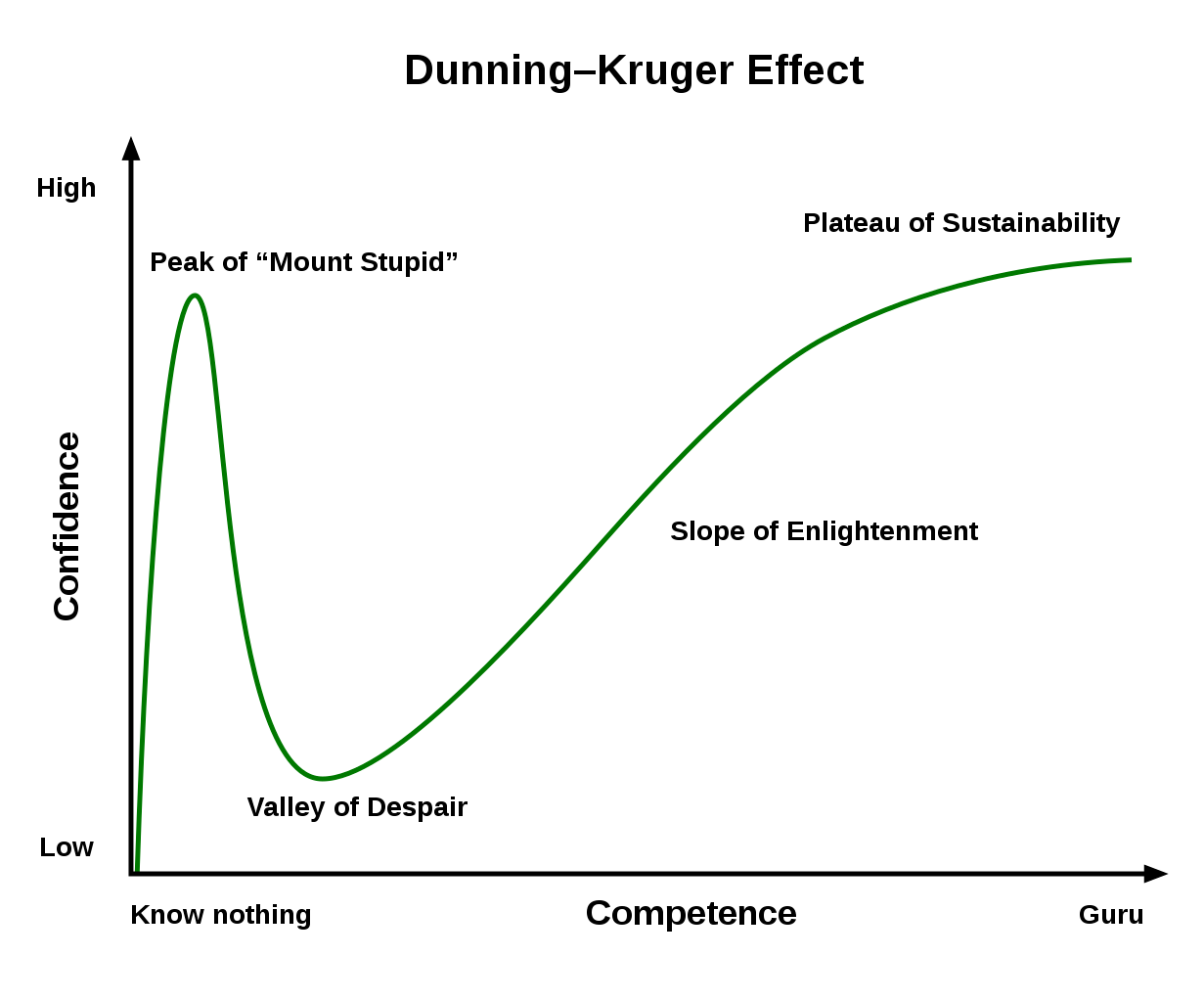The problem here is not the self-evaluation. The problem is that a self-evaluation is confused with an evaluation what benefit an employee brings to the business.
A self-evaluation is for improvement of the employee. Any employee can improve, nobody is perfect. The better you are the more potential you will see to grow.
Giving raises however should typically be driven by measures such as:
- contribution to the company
- improvement over last evaluation period
- engagement of the employee
The actual contribution to the company cannot be measured by the self-evaluation. At least it's not a direct relationship where someone who cannot see their own flaws automatically provides more to the company than someone who does. Someone might be terribly sloppy or need a secretary to write their mails because they would be full of typos otherwise and still sell the most cars, because they are a total charmer.
For the improvement over the last period the self-evaluation can be a measure, but it's a pretty unreliable one. Whether an employee has improved by working on their flaws is again not directly related to their benefit to the company. Perhaps they managed to learn the complicated math they wanted to understand,but it turns out they never need to use it, nearly burnt out in months of workshops they did in overtime and are now less productive than before. Still, if they are very self-critical one year, it is likely they are the next year, so a relative improvement can well be visible not matter whether they don't have the same scale regarding how much to push their successes as you have.
Lastly, sometimes a raise is "just" a sign that an employer respects and values an employee trying to improve, trying to help the business whether they actually do bring in money or not. Someone doing overtime, always doing the work the others don't want to do, teaching themselves on the side etc. might be rewarded for their effort - so others are encouraged to also invest effort, perhaps then with better effects. Whether or not they find flaws in themselves doesn't tell you much either. They might be a perfectionist and aim at resolving all these flaws or they might just be depressed, find all the flaws but ignore them. (In your case it seems your employee is motivated and probably also invests effort, but the point is that even if you could present a shining self-evaluation it wouldn't necessarily be better or worse, it's always the context that matters.)
So all in all, your metrics are wrong or too one-sided if you find this self-evaluation is a major road block to get the person a raise.
It is totally natural to be self-critical to a certain degree (and your description doesn't sound like your employee is talking themselves totally down), it's in the name: evaluation. The question sounds like you were looking for a self-promotion.
P.S. Personally I find successes totally boring and also keep them short and succinct in any report. There is nothing actionable about them. Flaws and mistakes are what you can learn and improve from - or at least those pose challenges. To learn from successes all you need to do is keep doing what you did how you did it (simplified). If they are an engineer, they might think similarly: "Give me problems to solve". Psychologically, if you rate yourself as top performer, there is nothing you can improve, so why would you rate yourself with the highest grade - you can only fall down from that.
Bonus problem: Most self-evaluations are incredibly vague, so everyone needs to come up with their own grading scheme. Ergo, no two self evaluations of different people are comparable. Typically not even two of the same person as they might not remember their grading scheme from last year...

